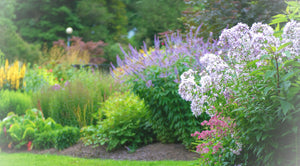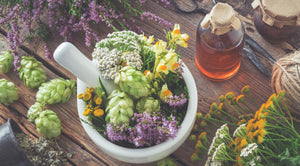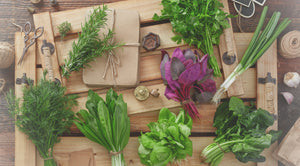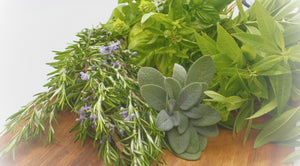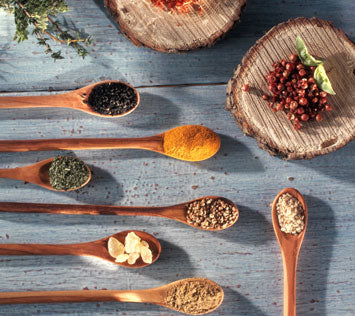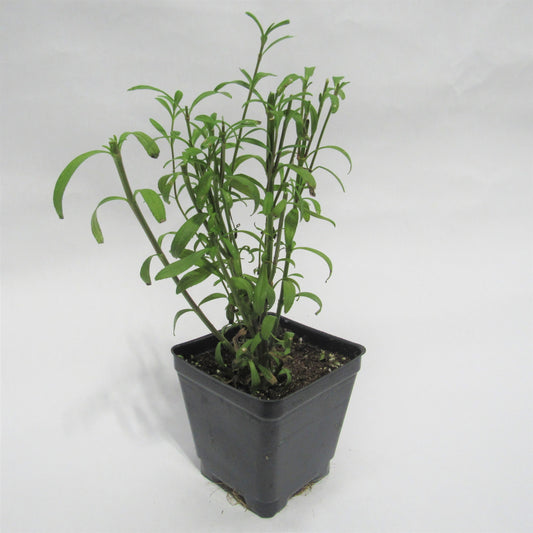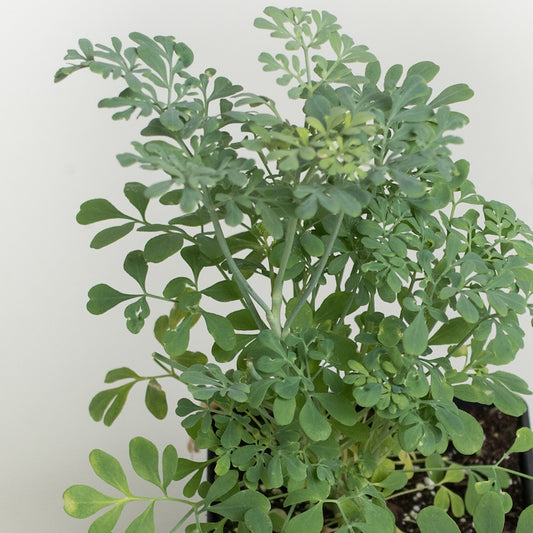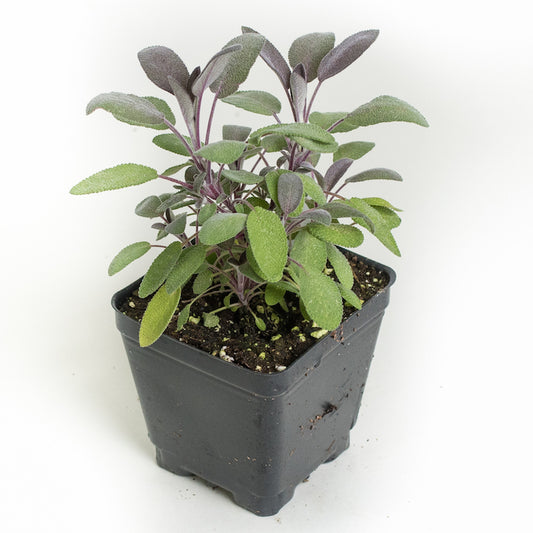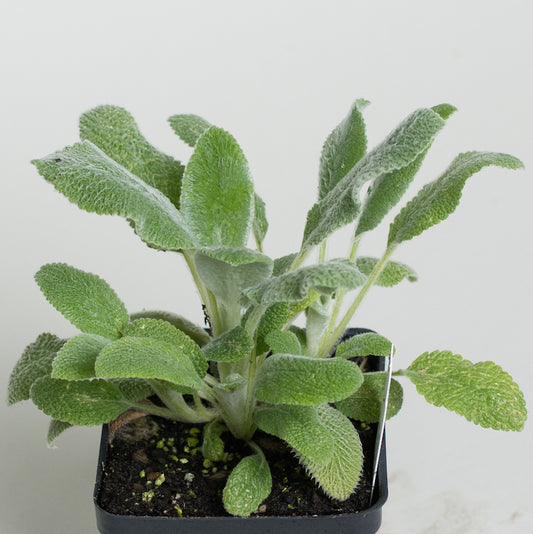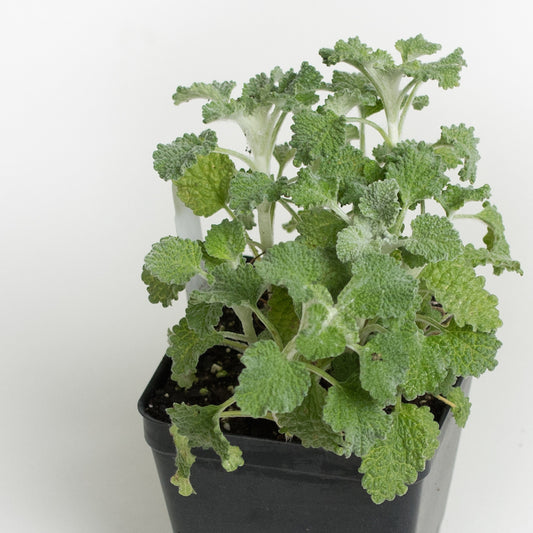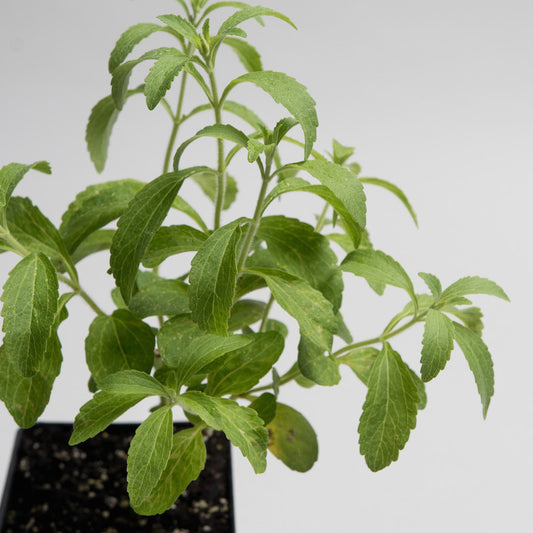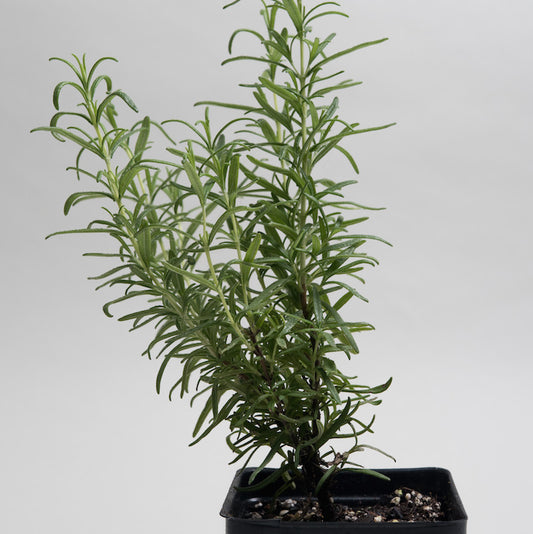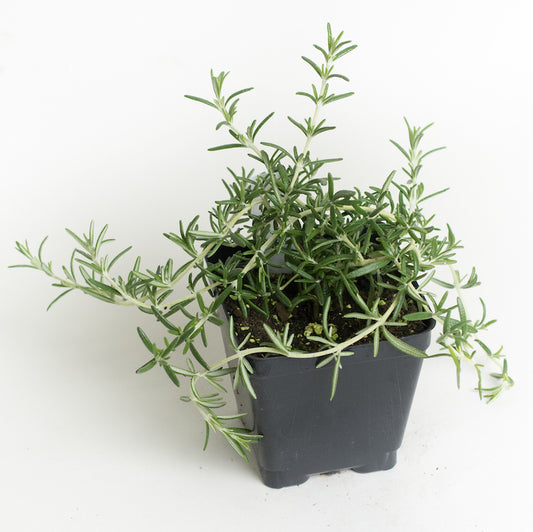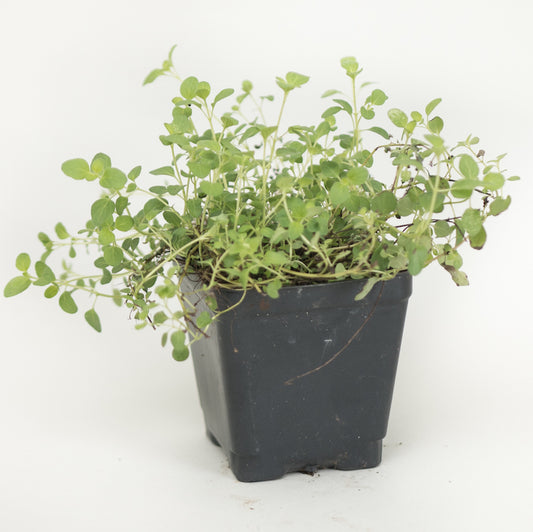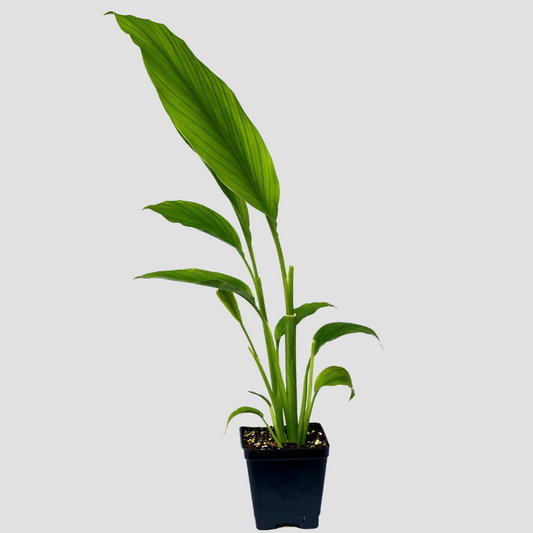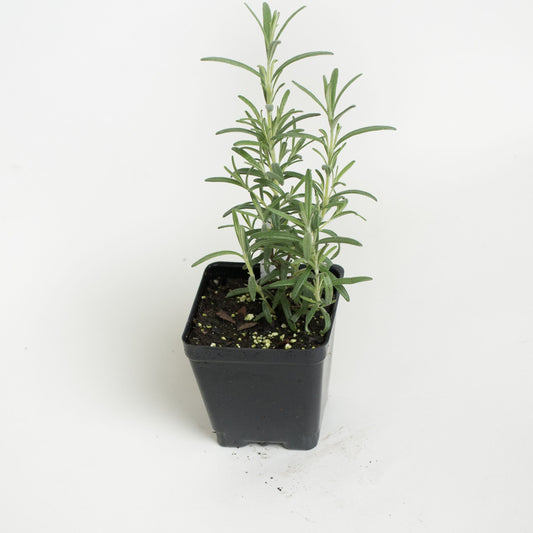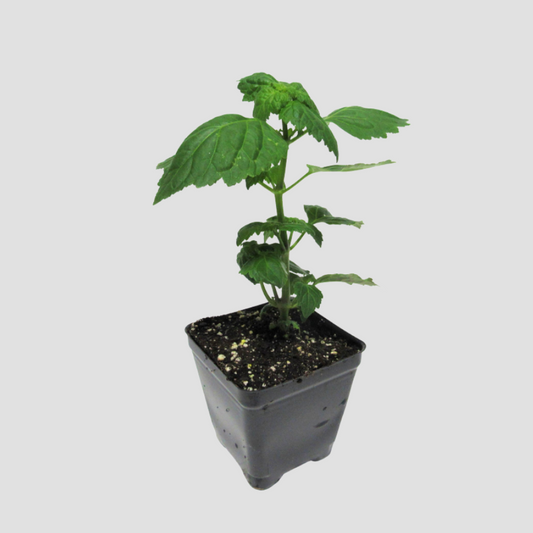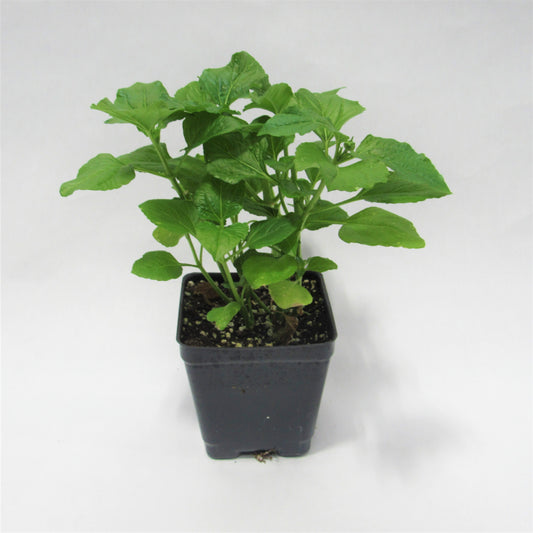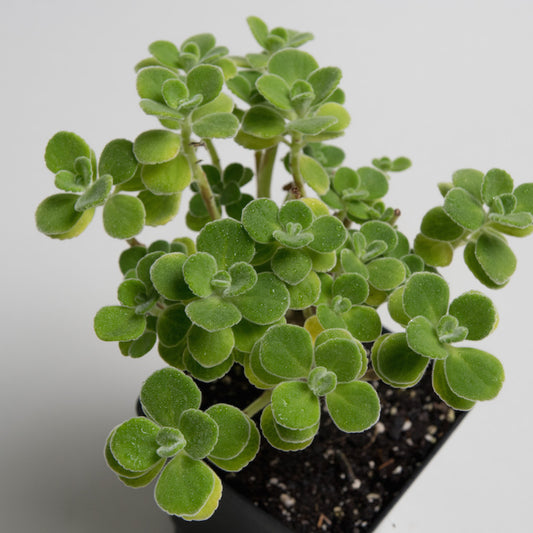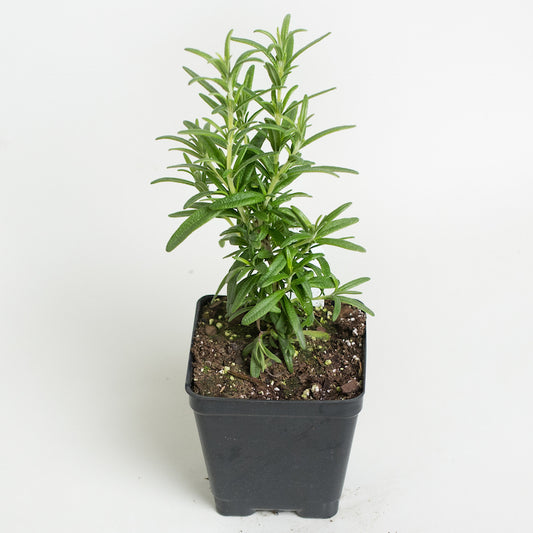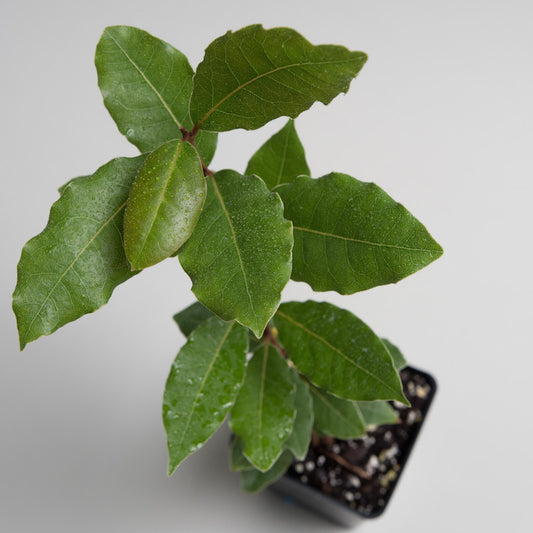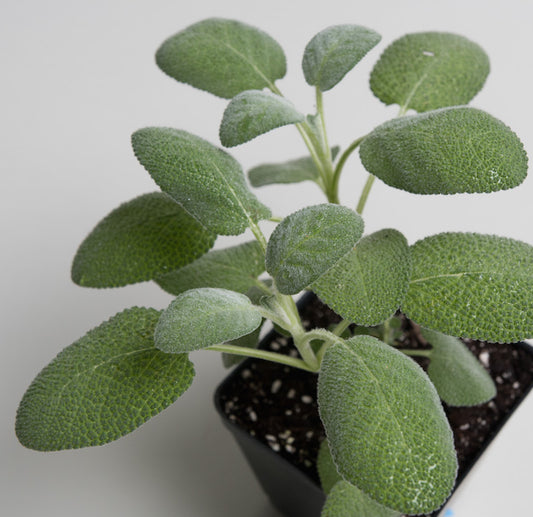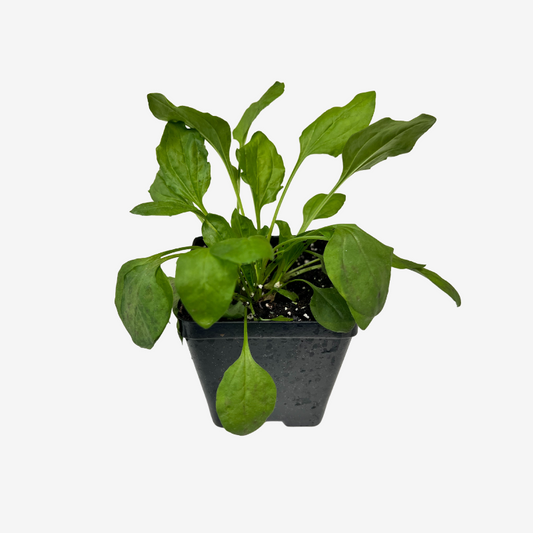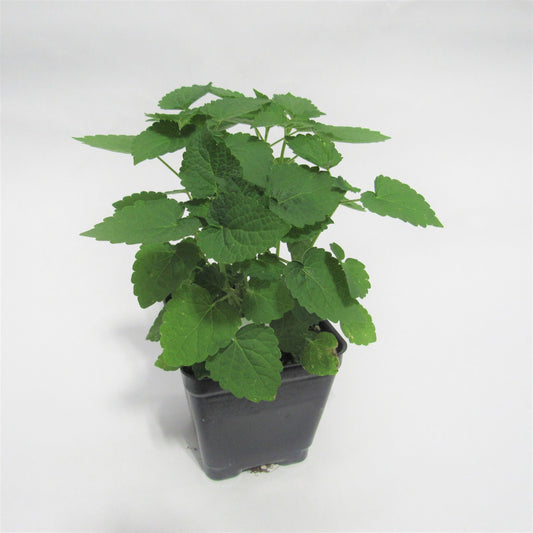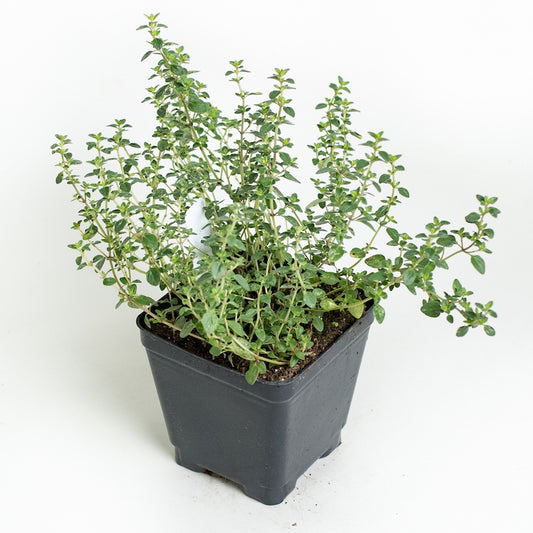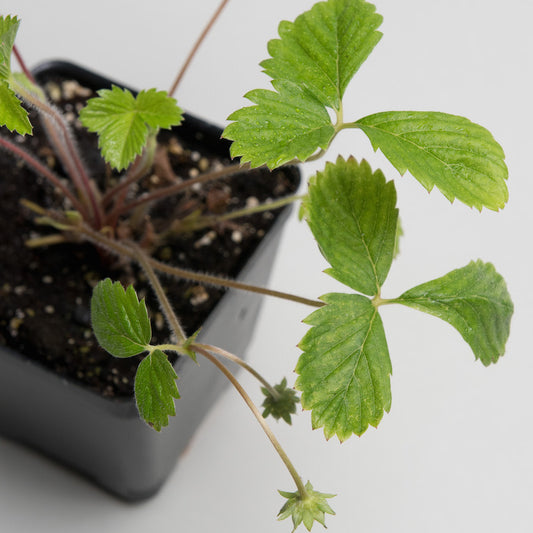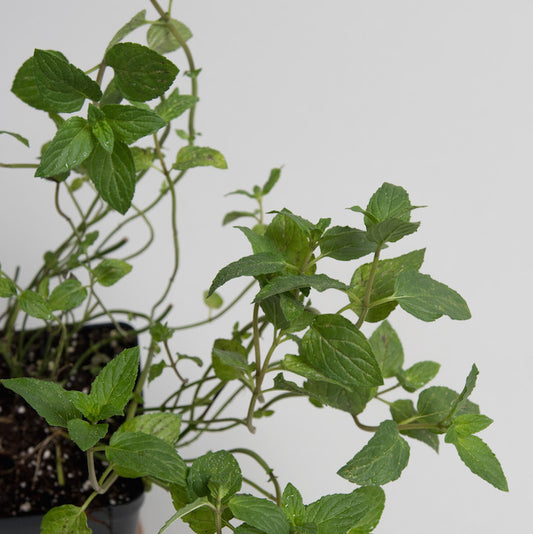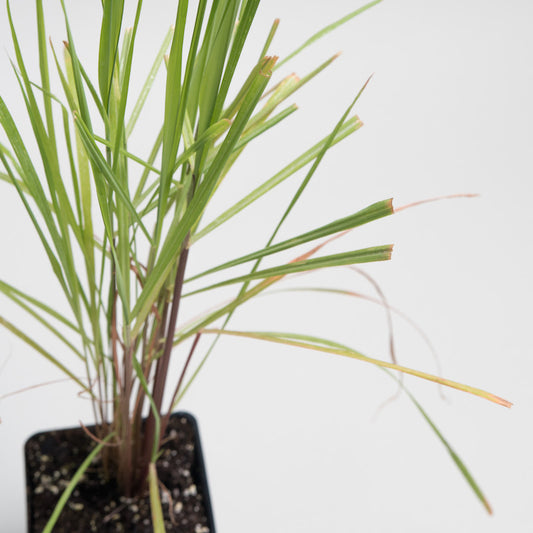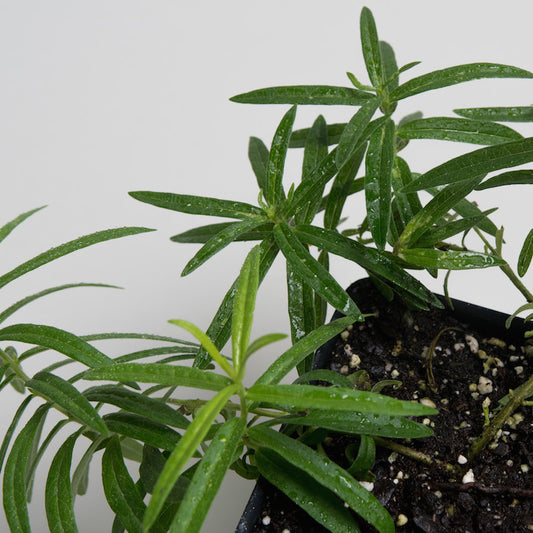Zone 10 features mild winters and hot summers. With high humidity and a generally warmer temperature range, areas that fall under this zone are home to many tropical plants that can survive the intense summers.
Find Zone 10 plants at The Grower’s Exchange, your reliable online source for healthy organic herbs and plants. If you live in a Zone 10 climate, find the perfect addition to your indoor or outdoor garden that can survive mild winters and hotter summers. We offer a variety of suitable plants ranging from decorative to culinary to medicinal herbs.
Read more to learn about plants in Zone 10.
Zone 10 Plants and Herbs for Indoor and Outdoor Use
Our herbs and plants are grown in gardening setups free of chemicals and genetically modified organisms (GMOs). Pick one of our varieties of herbs and plants for Zone 10 climates, and we’ll ship your order to you once it’s ready for planting.
Green Fennel: This bestselling herb prefers the middle ground zones with just-right temperatures to survive. Though it has dramatic foliage that’s eye-catching and attractive to pollinators, it’s more famous for its culinary and medicinal qualities. Add a bit of sweetness to soups, salads, stews, or oily fish—alternatively, steep its leaves for a tea with strong diuretic properties.
Cuban Oregano: Get this if you prefer a more robust, intense flavor than its Greek counterpart and a delectable menthol scent from its crushed leaves. It prefers the warmer zones as a semi-tropical plant but does well in partial sun exposure and drier soil. If you’re substituting this for any recipe that calls for regular oregano, use a bit less, as it can get pretty strong.
Vick’s Plant: If you like the scent of Vick’s Vapor Rub, adding this plant indoors or outdoors can give you a more subtle menthol scent. Its smell also repels mosquitoes, attracting natural pollinators such as bees and butterflies. This plant is a rare find that you can show off in hanging pots to let its leaves cascade into attractive growth.
Mexican Mint Marigold: Native to South America, this herb tastes like French Tarragon but with a sweetness similar to licorice. Its leaves and flowers can be brewed into tea or added to food to enhance flavor and aroma. It’s easy to maintain and usable throughout the growing season, even without regular trimming.
Rue: You won’t rue the day you decide to check out this herb and add rue to your outdoor garden. A native Mediterranean flower is best known for its aromatic qualities. It deters pests ranging from deer to mosquitoes, ensuring your garden is well-protected while looking its best.
What Is Zone 10?
The United State’s large geography means that the climate in various areas of the country can vary. For those growing plants, this means that some plants can survive and thrive better in conditions affected by geography and topography.
To help farmers, gardeners, and anyone interested in growing plants in their location, the United States Department of Agriculture (USDA) established the USDA Plant Hardiness Zone Map. It features 13 growing zones with a 10-degree temperature range based on their minimum winter temperature. Locations under Zone 1 have the coldest winters, while those in Zone 13 have very mild, barely cold winters.
Zone 10 is on the warmer to hotter side of the zones and affects areas in the US closer to the equator. This is ideal for tropical plants because of its warm temperature and high humidity. Zone 10 experiences average minimum winter temperatures ranging from 30°F to 40°F (-1.1°C to -4.4°C). Zone 10 can be divided into:
-
Zone 10a: 30°F to 35°F (-1.1°C to 1.6°C)
-
Zone 10b: 35°F to 40°F (1.6°C to 4.4°C)
A state can have multiple zones because of its size, climate, and geography. Only three states have Zone 10 areas: California, Florida, and Hawaii.
Zone 10 plants have a long growing season, with most plants ready to be planted as early as February. Because of the very mild winter that doesn’t trigger dormancy, some flowers can continue blooming even during the winter months, though it’s recommended to plant them after winter.
Shop at The Grower’s Exchange for Zone 10 Plants
The Grower’s Exchange delivers healthy and organic plants and herbs to your doorstep. Beautify your garden for the next season, or keep an indoor garden of herbs close to your kitchen for fresh flavor within reach. We can help you find plants and herbs that can thrive in Zone 10’s warmer climate and keep up with the humidity and temperature all year round.
Please Note: We sell plants online, NOT seeds. Our plants are well rooted and ready to plant - our standard pot is 3.5 inches. After you buy, we will ship our plants when they are ROOT READY. They will have good top growth unless they are coming into or out of dormancy. We grow all of our plants to the point that they are ready to go into the ground or a container.
